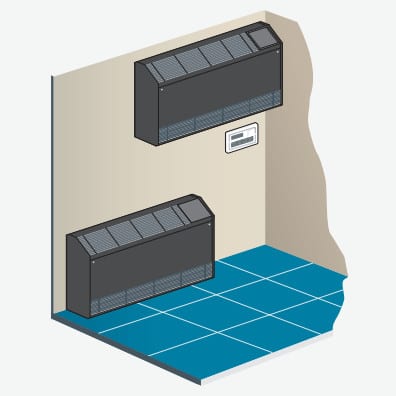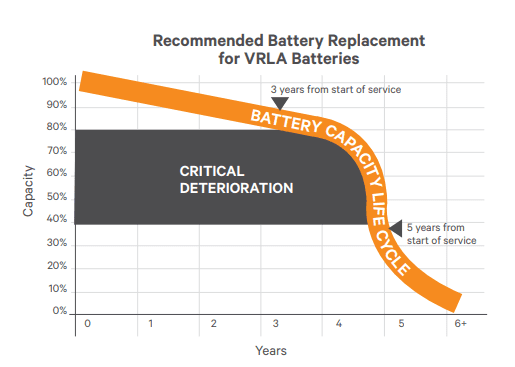
We’re Here / Hear for You !
Access Michigan is Constantly Evolving with new faces, new products, and new changes to our website; all of this in our desire to meet Our Purpose.
Read More »
Learn from the experts and stay on top of the rapidly changing data center industry with our data center blog. You’ll learn about new technologies, technology management best practices, case studies, and more. New posts every month.







